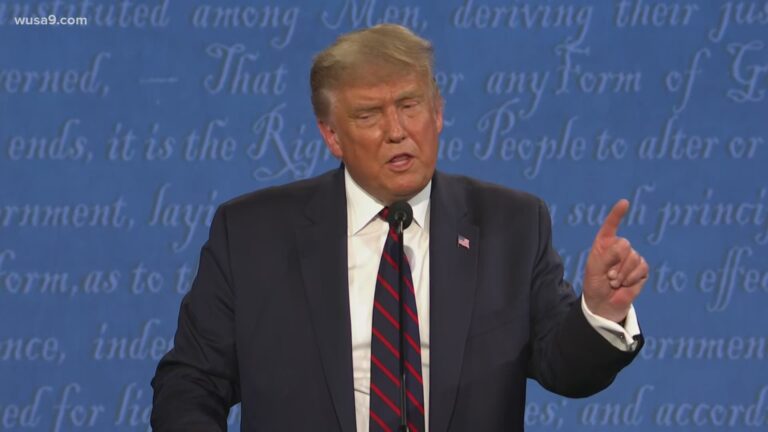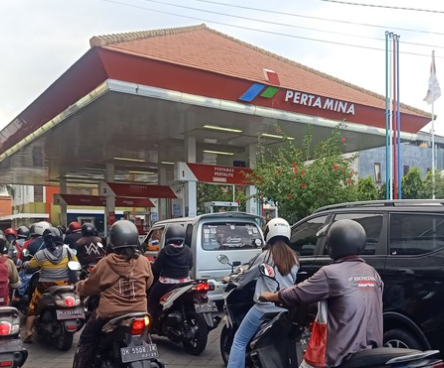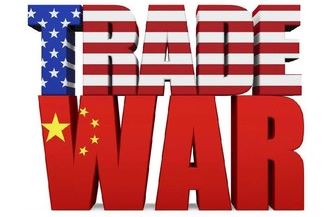
STRATEGIC ASSESSMENT. As leaders from NATO countries gathered this week in London to celebrate the 70th anniversary of the alliance, they did so amidst growing uncertainty over the institution’s future. Several issues could cloud the celebration, including U.S. President Trump’s continuous questioning of the usefulness of the alliance and Turkey’s ongoing flirtations with Russia. Trump, has consistently questioned the value of the alliance while haranguing NATO members to pay more in membership dues, accusing them of being ‘free riders’ unwilling to finance their own defense and security. There was serious drama last year in Brussels where Trump’s cantankerous approach to the meeting left many questioning whether or not they could depend on Washington in a crisis. But on the first day of the meeting between leaders in London, Trump seemed to defend the alliance, remarking that ‘NATO serves a great purpose’ and referring to recent remarks from French President Emmanuel Macron as ‘insulting’ since they were pejorative about NATO.
In a recent interview with The Economist, Macron lamented that ‘what we are currently experiencing is the brain death of NATO,’ prompting an unusual rebuke from German Chancellor Angela Merkel. Other European countries backed Merkel, although Macron has not shied away from his comments, seeking only to clarify that he believes NATO should spend more time discussing strategy and the evolving nature of warfare, instead of burden sharing and budget deficits. Macron has also signaled a willingness to reach out to Moscow and attempt to reset the relationship with Russia, something that ex-Soviet satellite states are concerned about, given the historic relationship during the Cold War. Macron did not shy away from criticizing Turkey for its ‘ambiguous stance’ on ISIS fighters.
NATO has been criticized as an anachronism, a Cold War relic that has long outlived its purpose and has failed to deter Russian aggression, in many ways its raison d’etre. Yet still, over the past several years NATO spending has increased by as much as $130 billion, according to NATO Secretary General Jens Stoltenberg. NATO countries are also working to counter Russian actions in the gray zone (a contested arena somewhere between routine statecraft and open warfare), especially by learning to counteract Russian disinformation and propaganda. The alliance has also been divided by issues ranging from Brexit to relations with China, especially as Beijing develops myriad bilateral relationships anchored around economics while building out its Belt and Road Initiative. Discussions on the strategic challenge posed by competition with China is expected to dominate discussions between world leaders during the meetings.
Another unpopular guest at the meeting will be Turkish leader Recep Tayyip Erdogan, who has led his country to a much closer relationship with Vladimir Putin’s Russia. Turkey has refused to back a defense plan with the Baltic states and Poland, while Ankara has chafed at Western countries’ lack of assistance in its ongoing conflict with the Kurdish People’s Protection Units (known as the YPG) in Syria, one of Turkey’s primary adversaries. Moreover, Turkey purchased a S-400 missile system from Russia over the objections of the United States and many NATO countries. In response, Turkey was removed from NATO’s F-35 program, further straining the already volatile relationship. Moscow has successfully used Ankara as a geostrategic pawn as it works subtly to achieve one of its overarching objectives—to intensify disunity within NATO and cause Europe and the West to devote additional resources and energy to repairing internal fissures in the alliance (TSC).








